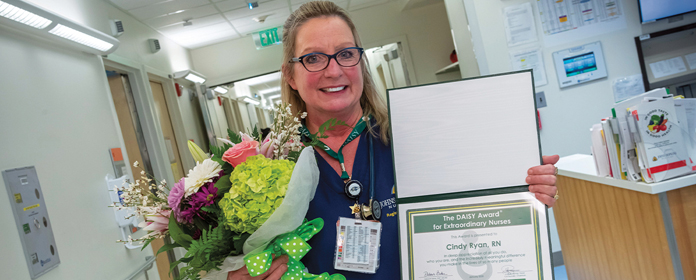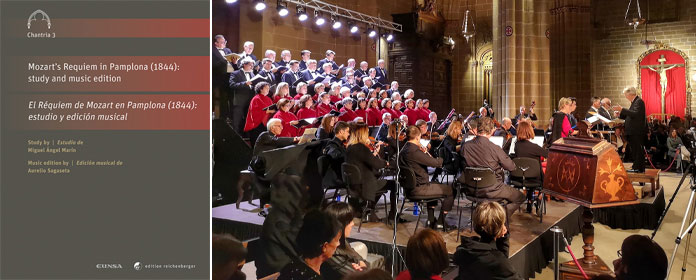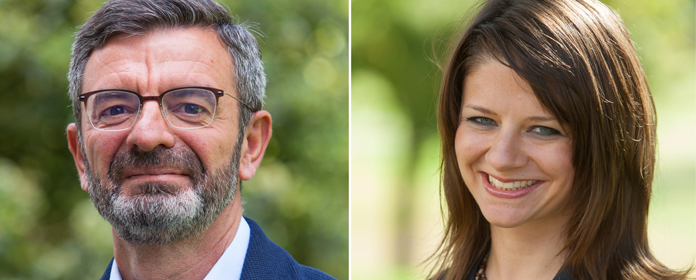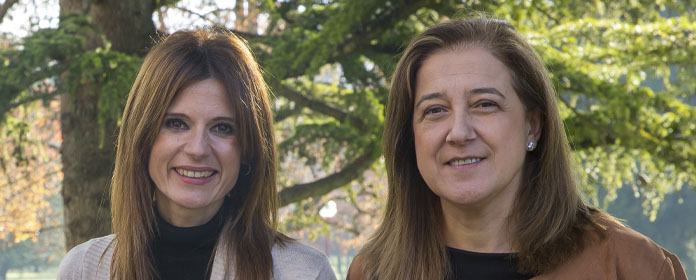The Pontifical Academy for Life publishes an official position paper on the global promotion of palliative care
In 2040, 47% of the world’s population will need palliative care, according to the experts who contributed to a working paper under the coordination of the ATLANTES Research Group at the University of Navarra
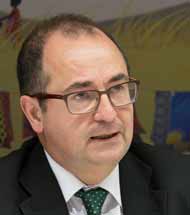
FOTO: Manuel Castells
The Pontifical Academy for Life published an official position paper on the global promotion of palliative care in the Journal of Palliative Medicine. A group of international experts worked on the paper, which was coordinated by the ATLANTES Research Group of the Institute for Culture and Society (ICS) at the University of Navarra.
According to the experts, every year, 27 million people in need of palliative care lack access to it. The document cites studies that estimate that by the year 2040 the proportion of people who will need this care will increase from 25% to 47%, due to increased life expectancy and the persistence of chronic and infectious diseases. Thus, the experts regret that "a majority of the population, especially in developing countries, does not have access to palliative care."
The paper emphasizes the need to recognize palliative care as a basic right for individuals and families. The group identified 13 key groups for the development of palliative care and presented basic strategies that can be adapted to each country and region’s reality.
13 key groups for the development of palliative careThe authors recommend that policy-makers "modify healthcare structures, policies and evaluation of results to guarantee universal access to palliative care for all those in need of it.”
They insist that universities and schools must include "obligatory palliative care courses as part of the undergraduate curriculum in health-related degrees." They suggest that schools emphasize interdisciplinary work and combine theory and practice.
At the same time, they believe that palliative care professionals should "receive appropriate certification," which implies recognizing the specialization process for this discipline. It also involves offering training courses to all types of professionals.
Likewise, hospitals and healthcare centers are asked to guarantee rapid access to medicines that the WHO considers essential, especially immediate-release morphine, and to accommodate palliative care services in their structure "as an ethical and moral imperative."
Palliative care associations are another key group. The Academy's paper emphasizes the role of associations for effective promotion and collaboration with governments when implementing this care in the international political framework, "including conventions, resolutions and declarations in their respective countries."
These five groups are first-level agents. The second level is made up of international organizations, the media, philanthropic organizations, patients and patient groups, spiritual care professionals, associations and professional societies that are not geared toward palliative care, and the pharmaceutical sector. The authors indicate that each key group has a priority task that corresponds to them.
This initiative is part of the PAL-LIFE project, an international working group that the Pontifical Academy for Life launched in 2017 to advise the Catholic Church on the continued development of global palliative care. It also aims to promote a culture of understanding towards illness and suffering that encourages patients to accept death with serenity and health professionals to provide comprehensive care for patients with advanced disease.
The authorsThe authors of this paper include Nunziata Comoretto, of the Pontifical Academy for Life, and members of PAL-LIFE: Carlos Centeno, of the ATLANTES Program of the Institute for Culture and Society (ICS) of the University of Navarra; Thomas Sitte, of the German Palliativ Stiftung; Liliana de Lima, Mary Callaway and Katherine Pettus, of the International Association for Hospice and Palliative Care; Sami Alsirafy, from the Palliative Medicine Unit of the School of Medicine at the University of Cairo; Eduardo Bruera, from the Department of Palliative Medicine at the UT MD Anderson Cancer Center; Kathleen Foley, of the Memorial Sloan Kettering Cancer Center; Emmanuel Luyirika, of the African Palliative Care Association; Daniela Mosoiu, from Casa Sperantei at the University of Transylvania; Christina Puchalski, of the Institute for Spirituality and Health of the George Washington University; M.R. Rajagopal, from Pallium India, a WHO collaborator; and Julianna Yong, from the Catholic University of Korea. Eduardo Garralda, of the ICS ATLANTES Program, and John Rhee, from the Icahn School of Medicine at Mount Sinai Hospital, also co-authored the document.


